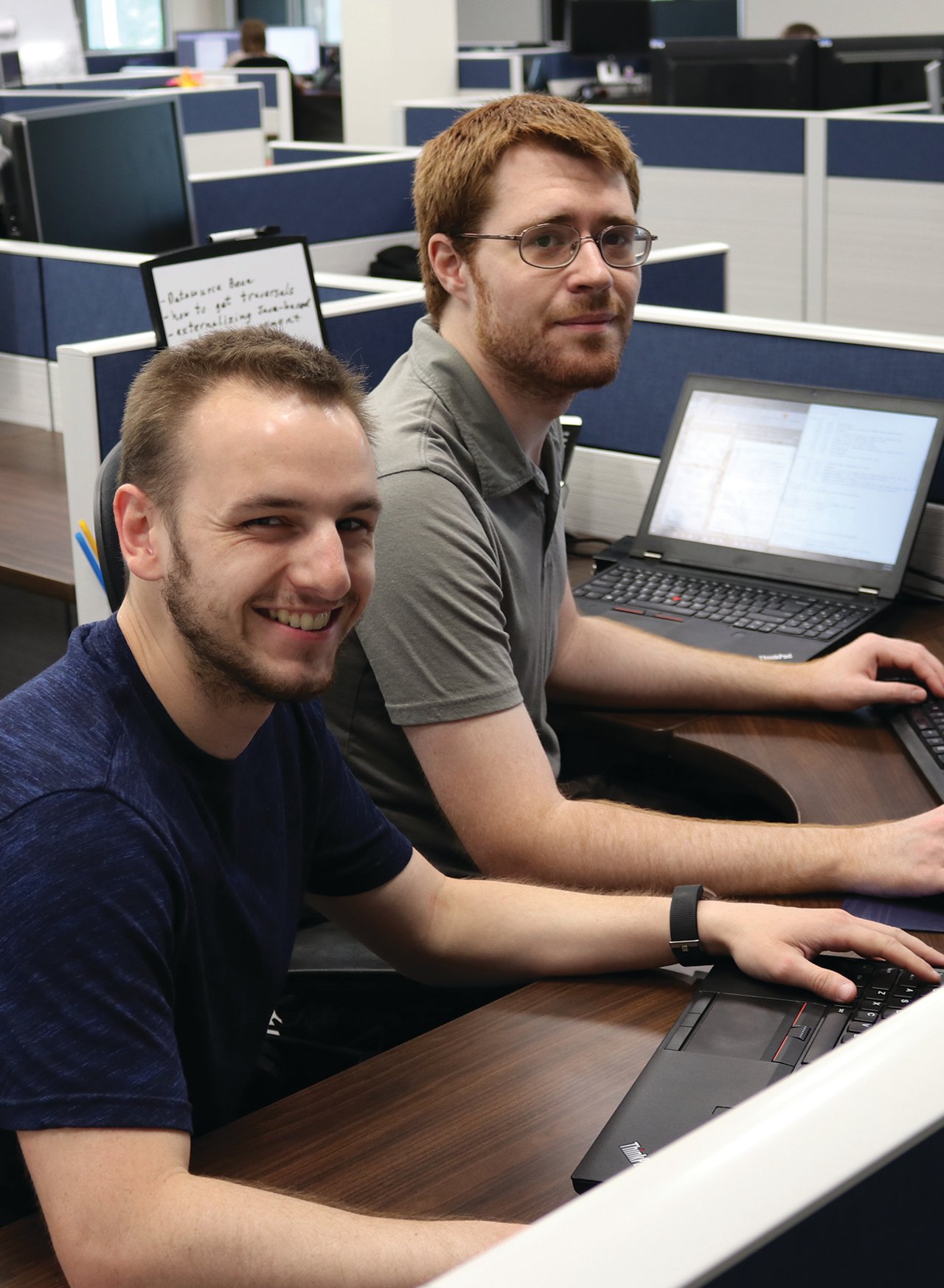Machine Learning Problem Details - Solving the Anaphora Challenge in Linguistics
What is Anaphora in Linguistics?
In linguistics, anaphora is the use of an expression whose interpretation depends upon another expression in context (its antecedent or postcedent). In a narrower sense, anaphora is the use of an expression that depends specifically upon an antecedent expression and thus is contrasted with cataphora, which is the use of an expression that depends upon a postcedent expression. The anaphoric (referring) term is called an anaphor.
In particular, for this competition, we want to associate pronouns with their antecedents (or postcedents, as the case may be). In programming terms, pronouns are like pointers that point to concepts that are defined explicitly by names elsewhere in the text. For example, in the sentence “Mary gave Shele a contact, and she followed up on it,” the word “she” is a pronoun (an anaphor) and “Shele” is its antecedent. This mapping from “she” to “Shele” is obvious enough to someone reading or hearing the sentence, but to a linguistic model, this association is not at all obvious.
Problem and Technical Details
For our Machine Learning Competition problem, we want a model that can recover these mappings from pronoun to antecedent/postcedent with the highest possible F1 score. This corpus should be leveraged for the problem. Reading through the provided research paper and additional details for the corpus will help in understanding how it can be leveraged for the anaphora challenge. Please make sure, per the guidance of the researchers for the reference corpus, that this research paper is cited as part of your solution.
We will use a randomization process to select subsets of this corpus for training the model you provide and for testing it on subsets as well, for seeing how well the model is able to generalize and avoid overfitting. Python will be the required programming language for this problem, and we will provide a basic interface in January that will define the basic methods for training and prediction, which will be leveraged by our test harness as part of the solution judging process.
While the anaphora problem is a challenging one, the following open source technology and algorithmic approaches could provide some acceleration and solution benefit:
- Natural Language Processing (NLP) technology, such as spaCy or equivalents, could provide benefits with an approach of algorithmically processing the dependency parse trees of processed sentences
- Keras and/or scikit-learn could be leveraged for a potential sequence modeling approach, for leverage of recurrent neural networks (RNN) as a potential within the solution
- The Gensim library, plus n-gram or tf-idf approaches could additionally provide capabilities as part of the solution in the form of topic modeling, vectorization, and more, to enable further feature engineering
The best solution may find that leveraging a combination of the above will result in the highest solution success. Any external technology or libraries leveraged must be open source. As a reminder per the Official Rules, the ability for the solution to execute against test subsets of the corpus is weighted at 40% of the solution scoring - the remainder of the 60% scoring is focused on elegance in design, completeness of code comments and documentation, and thoroughness of overall solution documentation diagrams.
Good luck!











